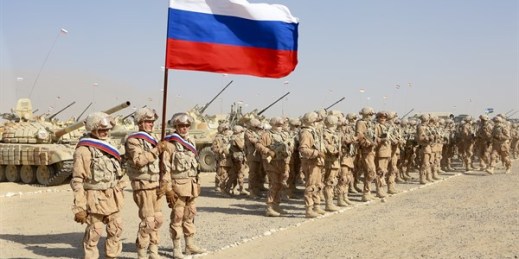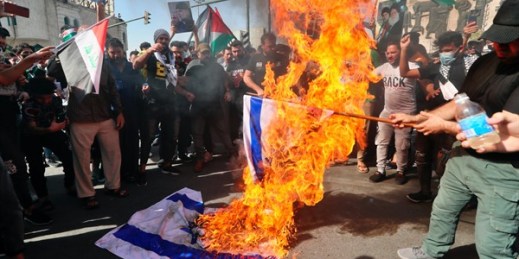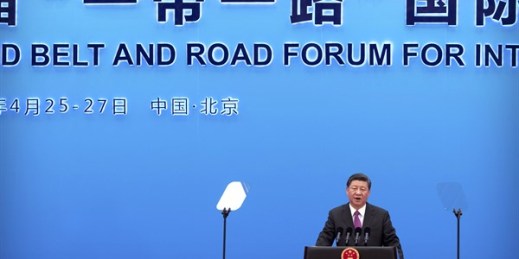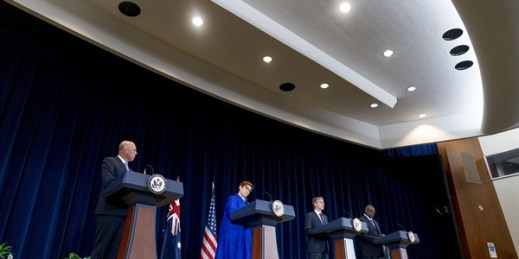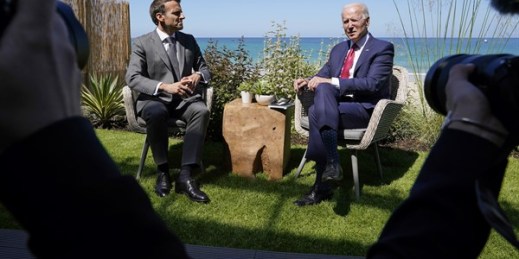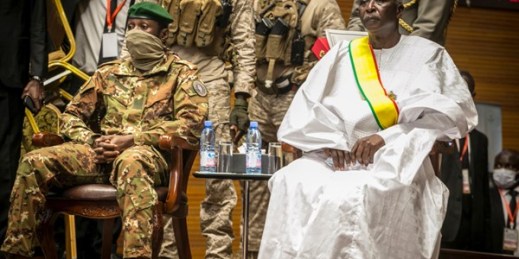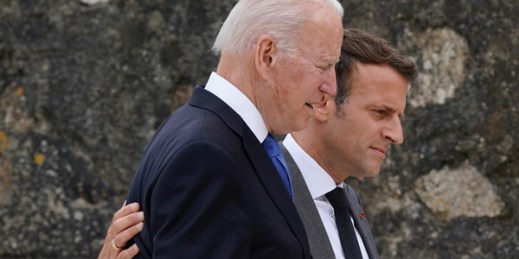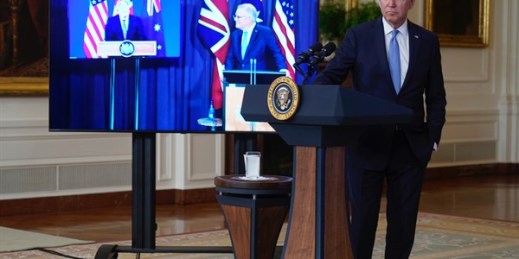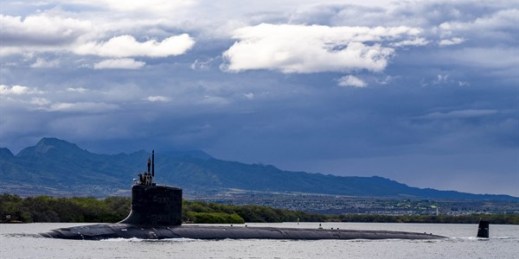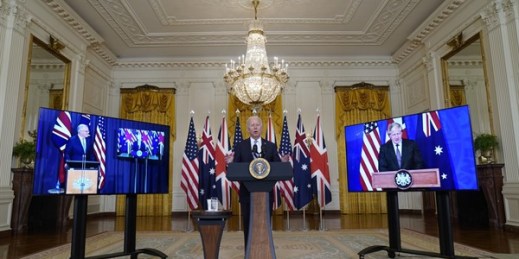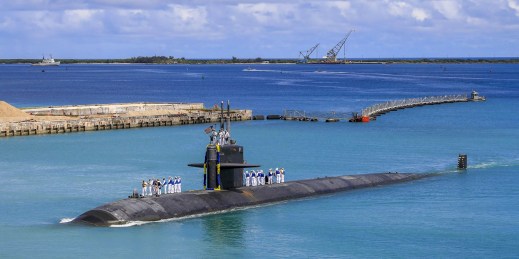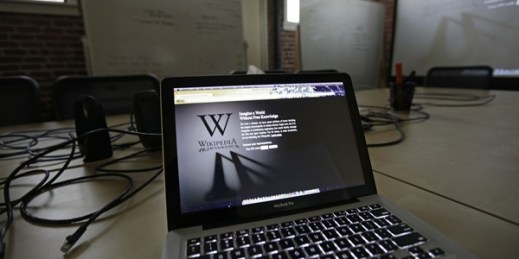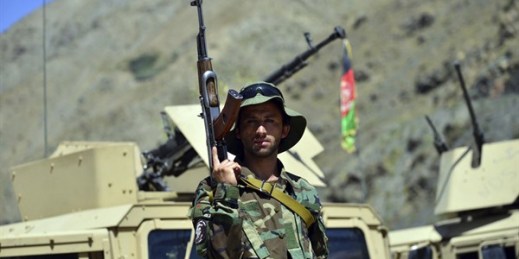
For the past decade and more, the U.S. and other international actors have prioritized a narrowly defined form of stability over democratic accountability in their diplomatic, development and security engagement in West Africa. The only problem is that this approach is not working. West African countries enjoy neither the stability their international partners seek, nor the democracy their citizens desire. Why, then, is the United States and the rest of the “international community” unwilling or unable to make a course correction in their West Africa engagement? To begin to answer that question, a bit of historical background is necessary. Beginning […]


